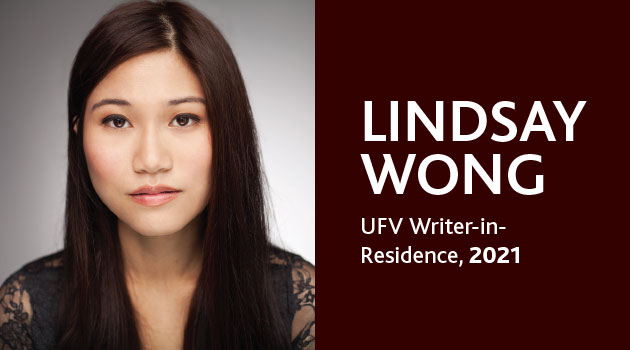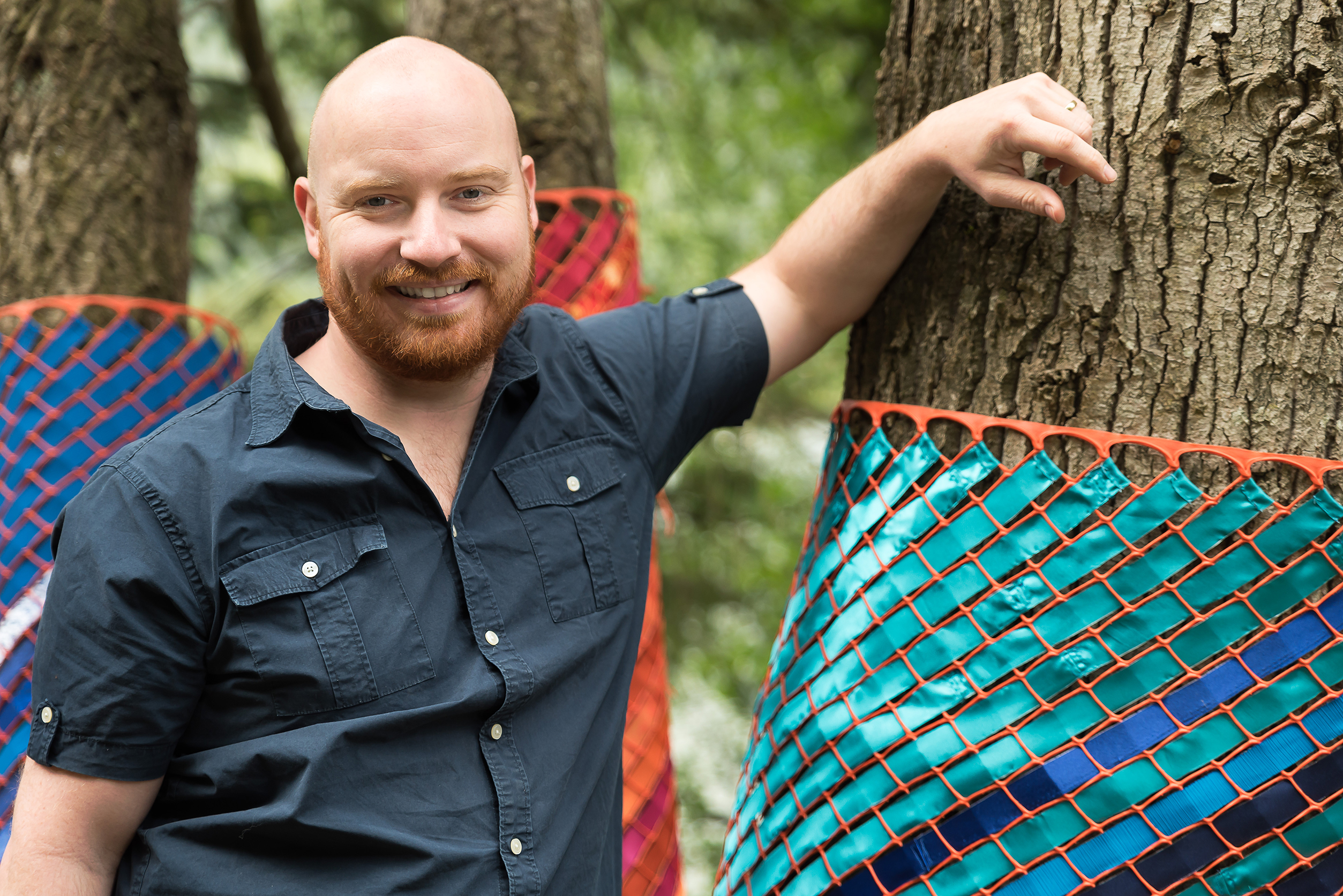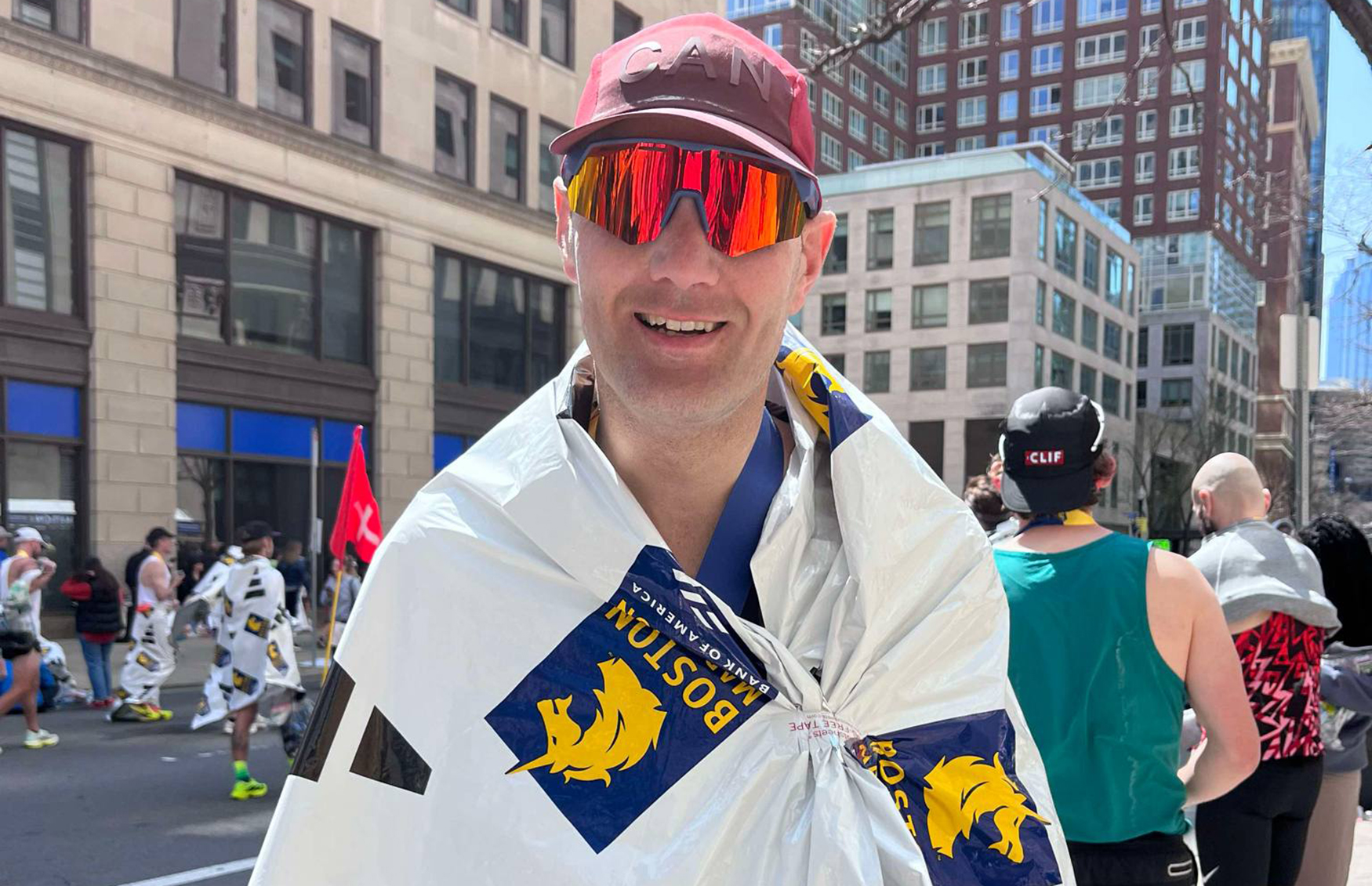Getting to know Lindsay Wong, UFV Writer-in-Residence
 Lindsay Wong is UFV’s Writer-in-Residence for the Winter 2021 semester. While her residency is by necessity a virtual one given the restrictions caused by the pandemic, there will be a number of opportunities for students and the public to interact with her. Keep an eye on UFV social media and the UFV events calendar for details.
Lindsay Wong is UFV’s Writer-in-Residence for the Winter 2021 semester. While her residency is by necessity a virtual one given the restrictions caused by the pandemic, there will be a number of opportunities for students and the public to interact with her. Keep an eye on UFV social media and the UFV events calendar for details.
Lindsay Wong, UFV’s Writer-in-Residence for 2021, is the author of the bestselling, award-winning memoir The Woo-Woo: How I Survived Ice Hockey, Drug-Raids, Demons, and My Crazy Chinese Family. She has a BFA in creative writing from the University of British Columbia and MFA in literary nonfiction from Columbia University, and she is now based in Vancouver, Canada. My Summer of Love and Misfortune is her first YA novel.
Lindsay Wong answered some questions for the UFV community to mark the start of her residency.
What are you currently enjoying and looking forward to about your time as Writer-in-Residence at UFV?
I have to say, I am really enjoying the writing consultations. I have been very impressed with the work submitted by students so far. It’d be wonderful to meet in-person, but the Zoom meetings have been inspiring. The stories submitted have all been exceptional, and there’s a lot of talent, creativity and passion at UFV. One student submitted a deliciously creepy horror story, and I’m receiving a lot of speculative and science fiction, so there’s a lot of cool genres being written at UFV.
When I engage with someone else’s prose, I learn so much. I always try to think about what is working and why, and if something is not quite working, I ask myself: how many different ways could this passage or plot point be reworked? I approach it as I would edit my own writing, and that is, with serious intention. I always make sure that students know that my notes are meant to be editorial suggestions–there are multiple ways to go about revising a story, and I want them to take only the edits that resonate with them on an instinctive level. If I can inspire or motivate another writer to continue with a piece of writing, then I’ve done my job.
It’s always very exciting to chat with new writers about craft and publishing.
You were relatively young when published for the first time. Would you encourage other young writers to try to publish now, based on their short life experience, or to wait until they have more experience, or both?
To be honest, I tell everyone, young and older, not to write a memoir unless they have no choice. I don’t encourage it, but I’ll support aspiring memoirists.
I think there are different ways of writing a memoir; there’s no right or wrong way to approach the genre, but a work written by a 20-something-year-old writer vs. a work by a 70-year-old writer is going to be very, very different. One isn’t necessarily better than the other. A memoir might be more raw and immediate from a younger writer, as the events that transpired might not be too far off, but for an older writer, more time and distance has passed, perhaps allowing them to be more perceptive and retrospective in tone. The voice and narration will be noticeably different, but I think strong storytelling, a compelling voice, and good writing will thrive, no matter the author’s age.
Your memoir was rejected by some publishers for being too weird, too Asian, too unbelievable. How did you counter those reactions and convince a publisher that it was worth taking a risk on?
I was very lucky that Brian Lam of Arsenal Pulp Press (they are a wonderful Vancouver press that publishes BIPOC literature) found the manuscript and offered to publish it immediately. Brian understood and related completely to the complexities of undiagnosed mental illness in Asian-Canadian culture, and I was so lucky to have his full support behind the book. That is why we need more BIPOC folks in publishing, as a way to increase diversity in our storytelling.
Of course, no one likes being rejected — it was a very stressful time, but I am a persistent person. As a writer, you have to really keep believing your work will find a home even though the rejections pile up. Family and friends will also have a strong opinion of you — they’ll either be supportive or tell you that it’s time to give up and find a real job. You have to not care what people think, and to fully trust in your ability, which can be hard to do sometimes.
Memoirists have to be very brave, because they are literally putting their life out there for all to read about. In addition, they risk alienating friends and family when the memoirist shares details about their lives. What advice do you have about walking the line between sharing your truth and offending loved ones, or even not-so-loved ones?
I read somewhere that if people didn’t want to be written about badly, then they should have behaved better (ha ha!). I have no advice about not offending loved ones or not-so-loved ones because the act of writing a memoir will always offend someone, even if they are not in the book. I tell my students that memoir is essentially your story so you should shape it how you see fit, but realistically, if you try to please everyone, you can lose sight of your story and your voice. If you must show your manuscript to a family member or friend, finish it first because someone’s opinion could completely derail your process. There’s usually a reason why someone needs to write a memoir, and they are not doing it for money or fame. No one in Canada becomes wealthy writing a memoir. I’d say write the version of the truth that feels consciously right to you.
Memoir writing is not fun or for the faint of heart. Only do it if you can’t see yourself writing anything else. My next memoir might come out when I’m 70, and only if they pay me really well. (Joking, but not really.)
Your memoir is very rooted in suburbia. In particular, the hillside subdivisions around Coquitlam that you dub “Westwood Poteau” in homage to the grow ops that proliferated there, and which have also become home to many Asian-Canadians. What advice would you give to Fraser Valley writers about reflecting their own place and connection to their community in their writing?
I think place is such an interesting concept in writing — it can serve as a physical character and inform a character’s background and lived experiences. There are layers of history in a geographical place as well as natural scenic beauty. Not to mention the people and the rich cultures that inhabit it. I think Fraser Valley writers should relish their surroundings, especially if they live in nature, as most of us are secluded in our homes because of COVID. Take advantage of the scenery and the mountains; spend time hiking; walk in the woods; go bird watching; see if any of your anecdotes or descriptions can be used in a short story or essay — try to see if a place has informed your identity or your understanding of your current self. Think of the older buildings in your area — who lived there in the past? Starting with a place as a metaphor could be a fantastic beginning to a new piece of writing.
As an Asian-Canadian who has talked publicly about the struggles for BIPOC people to get ahead in the publishing world, do you think the events of the last year, the Black Lives Matter movement, and the heightened focus on anti-racism, will help BIPOC writers?
I’m hopeful. Gate-keepers are attempting to create more opportunities for BIPOC folks in writing and publishing, yet there is so much more to be done. There are immense financial and educational barriers to finding an editorial job, and BIPOC folks sometimes can’t start a writing career until much later on in life. BIPOC writers are often paid significantly less in advance money, which means they have to take on additional jobs, and may not be able to spend as much time crafting their books. Recently, the RBC Bronwen Wallace Prize removed its age limit for emerging writers, which means there will be even more marginalized voices in the submissions pool, and more BIPOC writers can apply. This is an excellent start, but we need to continuously push ourselves to evolve as a diverse and inclusive industry.
Anything else you would like to share with the UFV audience?
Some advice I have for aspiring writers is to prioritize your writing. Make the time to finish your manuscript. Book-writing is a long, unruly process that takes several months or years — I keep asking myself every time I start a new project, why do I do it? I really don’t know, ha ha! I’m currently writing three manuscripts simultaneously, and sometimes, I don’t understand why I write until I’m half-way through a project. I do find that a lot of aspiring writers are more concerned with getting an agent, a book deal, TV show, or touring, but some of them might not have started writing or finished their manuscripts yet. I always say that nothing can happen without a finished book, so spend as much time as possible working on your craft, reimagining and revising.
I look forward to meeting students and members of the UFV community at a virtual writing consultation, and I encourage you to attend our upcoming workshops on memoir and publishing (more info coming soon!). These public events are free, and everyone is very welcome.




